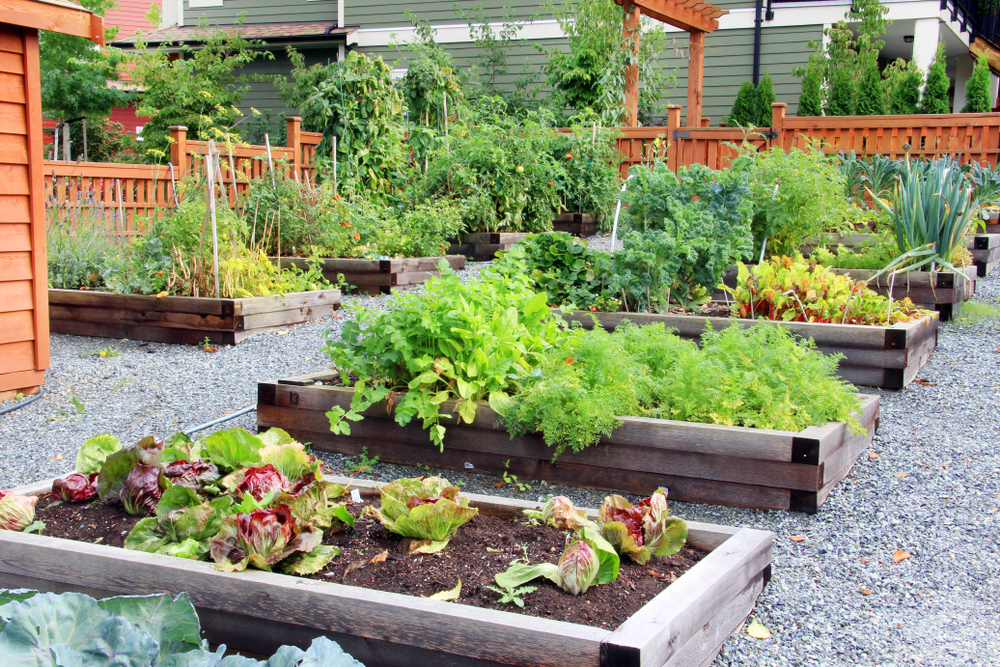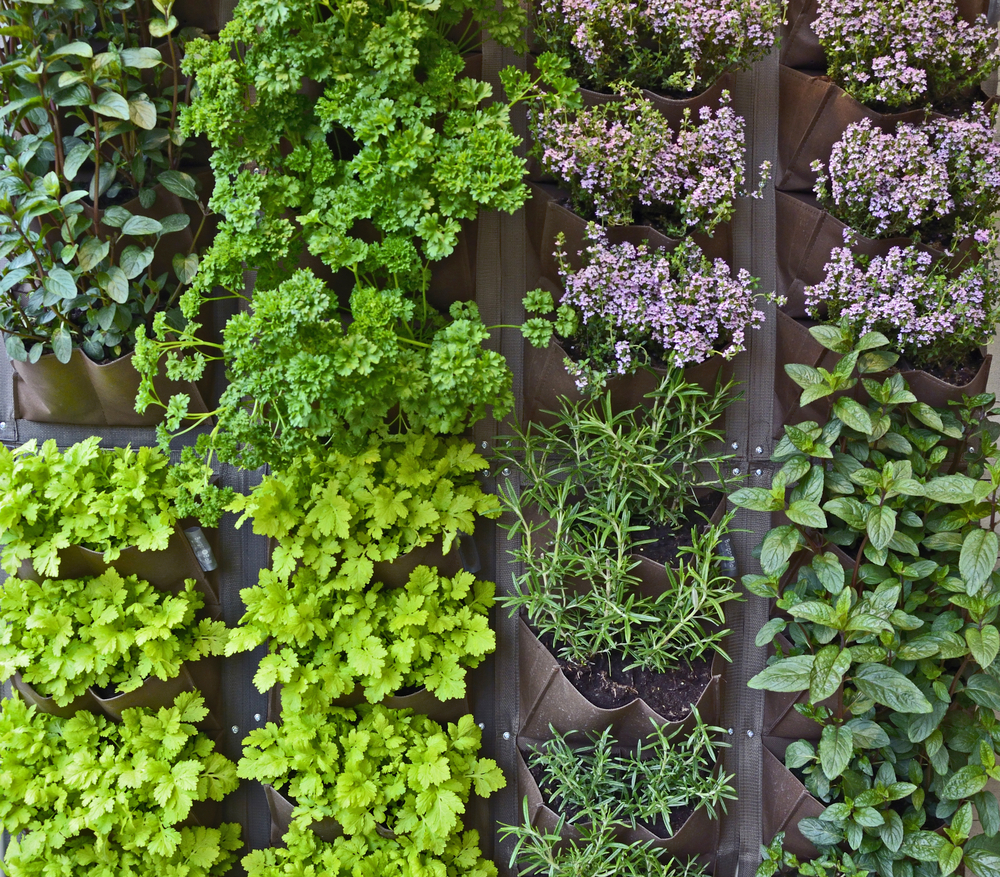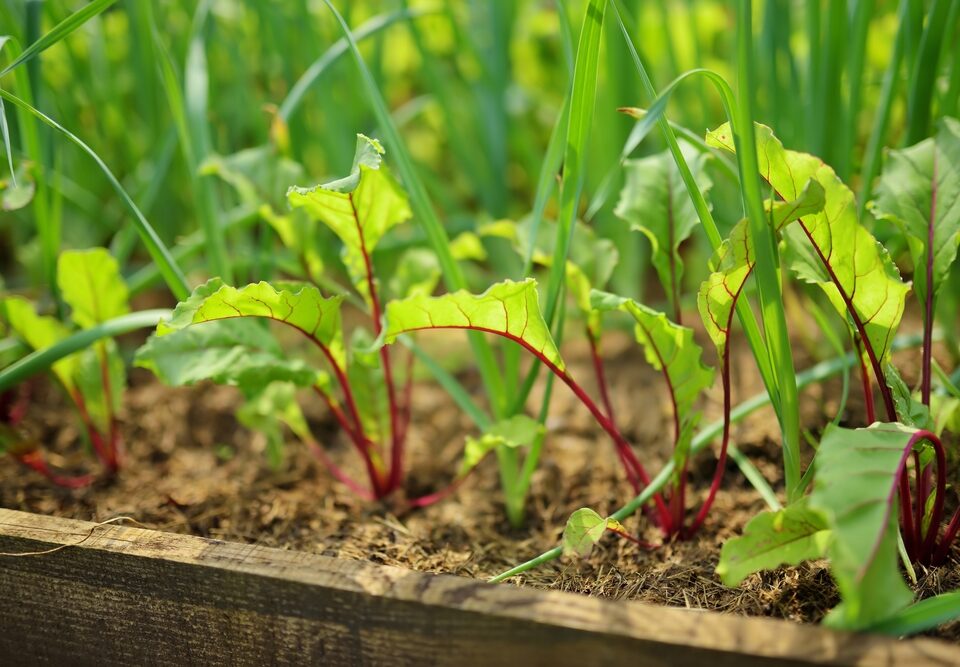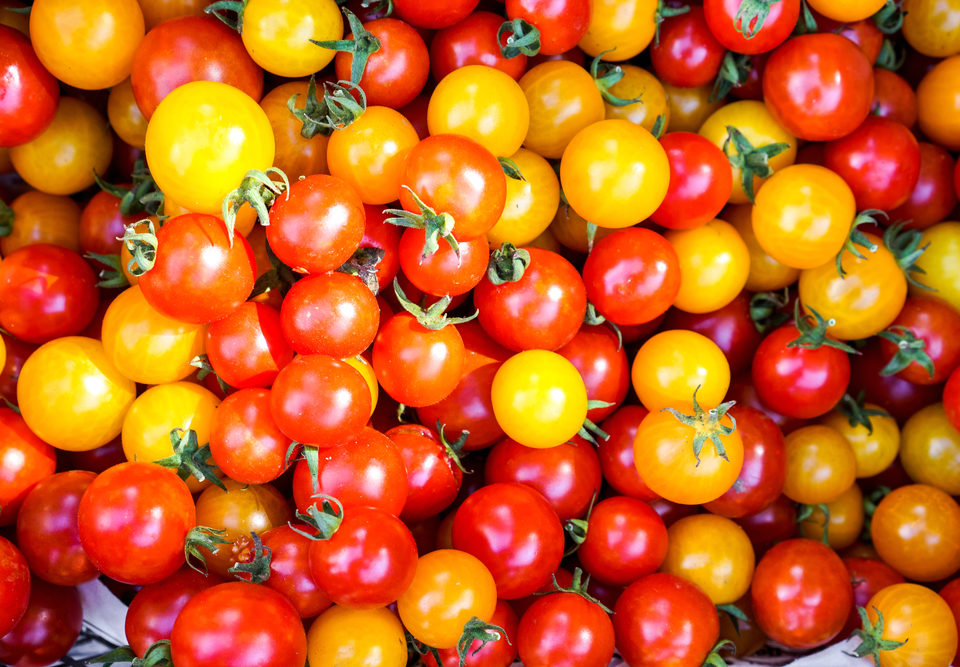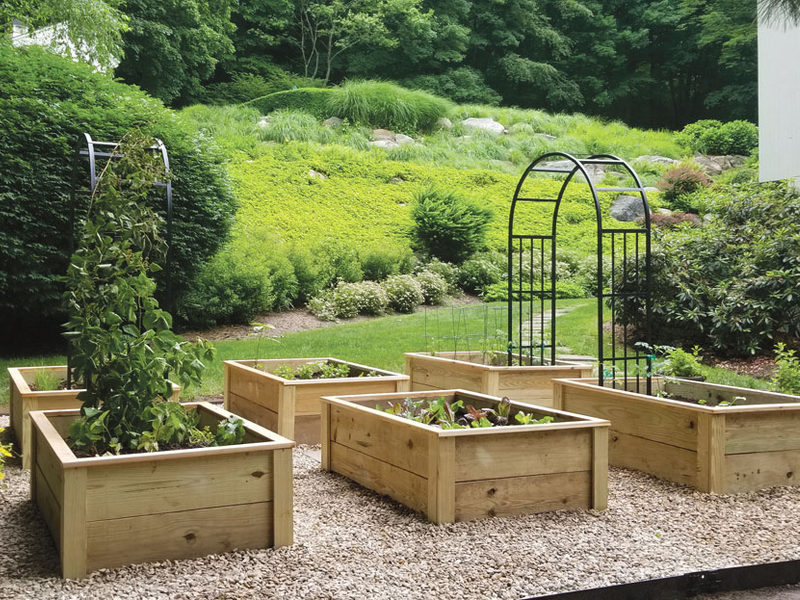
You don’t have to wait to start your spring garden!
March 27, 2024Did you know that you can utilize plants to protect your other plants?
Yes, indeed. This practice, known as companion planting, stands as one of the most effective forms of organic pest control. Numerous plants can be cultivated in your kitchen garden to deter pests from your fruits and vegetables and enhance your garden's overall productivity, all without the need for synthetic sprays or pesticides.
Here's your comprehensive guide to the top herbs you can grow in your kitchen garden to shield your plants from pests, ranging from minuscule ones like aphids to larger ones like deer, and everything in between.
5 Herbs for Pest Control in Your Garden
Chives: Deer and Aphid Repellent
Chives, hailing from the Amaryllidaceae family (if you're feeling fancy) or the onion family (if you're not), are my top recommendation for every garden. They are incredibly easy to grow, fuss-free, and excel at repelling pests, from tiny aphids to sizable deer. Plants in the onion family emit a potent scent that pests find disagreeable. Hence, I often plant chives near leafy greens like lettuces (from the aster family), spinach, Swiss chard (from the amaranth family), and brassicas such as kale, arugula, mustards, cabbage, broccoli, radishes, etc., to ward off bugs from my future salad greens.
Chives also deter carrot flies, making them a beneficial addition near your carrot patch. They are perennials, regenerating in spring after dying back in winter, typically flowering in their second year. Interestingly, chive blossoms attract beneficial insects like bees and butterflies, making them an excellent companion for fruiting plants like cucumbers, tomatoes, squash, and zucchini. Additionally, their oniony aroma repels aphids and hornworms that can damage fruiting plants. I also like to plant chives near strawberries.
While some sources advise against planting chives near peas or beans, I've grown them together without noticeable issues. However, if you prefer to follow guidelines strictly, keep these plants separate. Overall, chives serve as fantastic protectors from pests. I prefer growing them along the borders of raised beds, allowing them to drape over and act as miniature garden guardians.
So, if you desire robust greens with minimal pests, consider planting green onions like vigilant sentinels along your beds. Green onions also shield carrots and other root crops from carrot rust flies. Whenever planning new plantings, remember to incorporate something from the onion family—both chives and green onions are effortless options.
Marigolds: Bug-Repelling Flowers
Marigolds are among the best plants for deterring squash bugs and various other pests like nematodes, hornworm egg-laying moths, and whiteflies. They achieve this through the release of a compound called pyrethrum, historically used to repel mosquitoes. Surprisingly, this compound doesn't harm beneficial insects like ladybugs and hoverflies, making marigolds excellent for attracting pollinators to your garden.
Plant marigolds near tomatoes to safeguard them from hornworms and maximize fruit production. They also make great companions for squash family plants. Marigolds are annual flowers, easily grown from seed. I prefer planting them along raised bed borders for both their pest-repelling properties and aesthetic appeal.
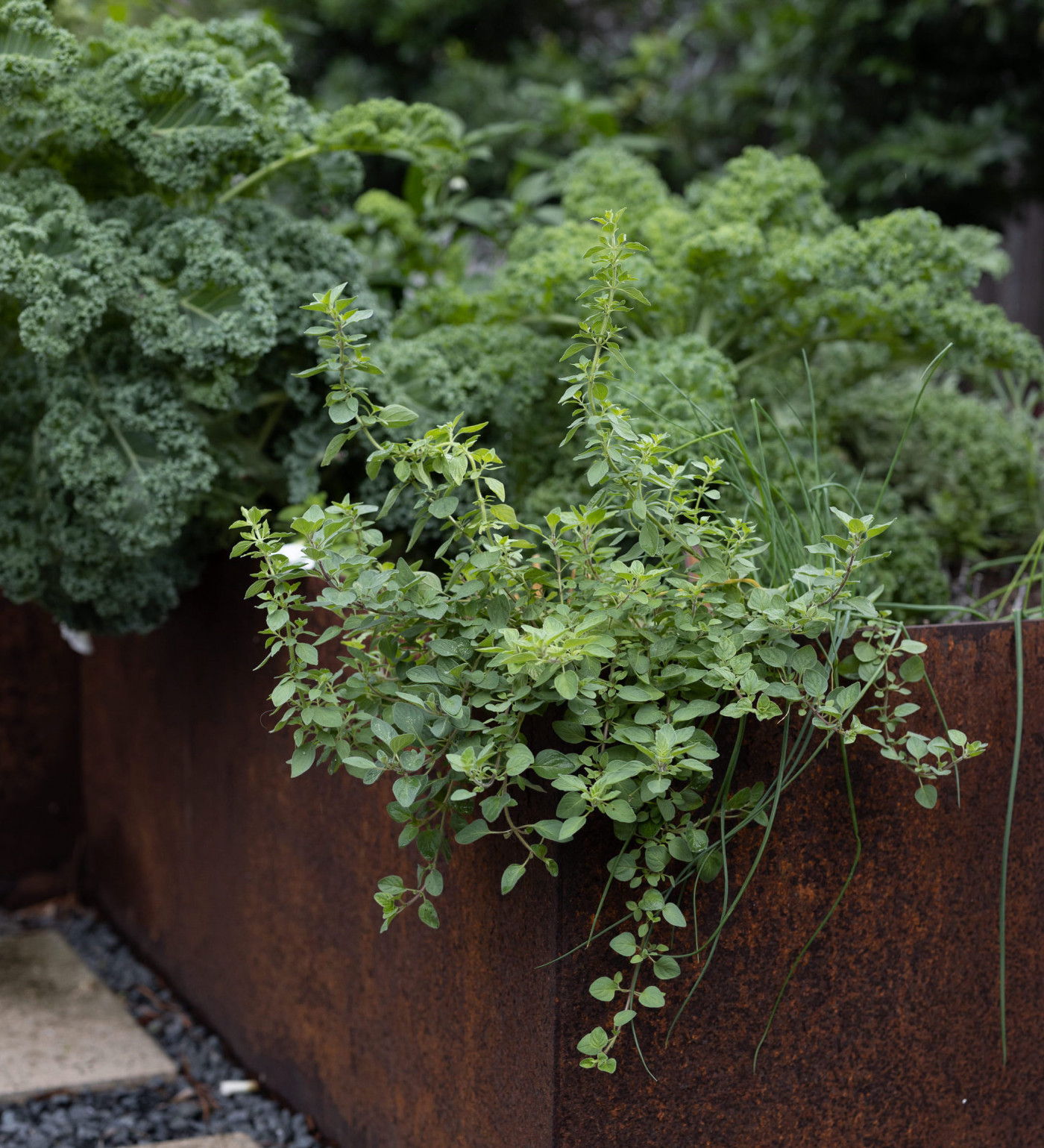
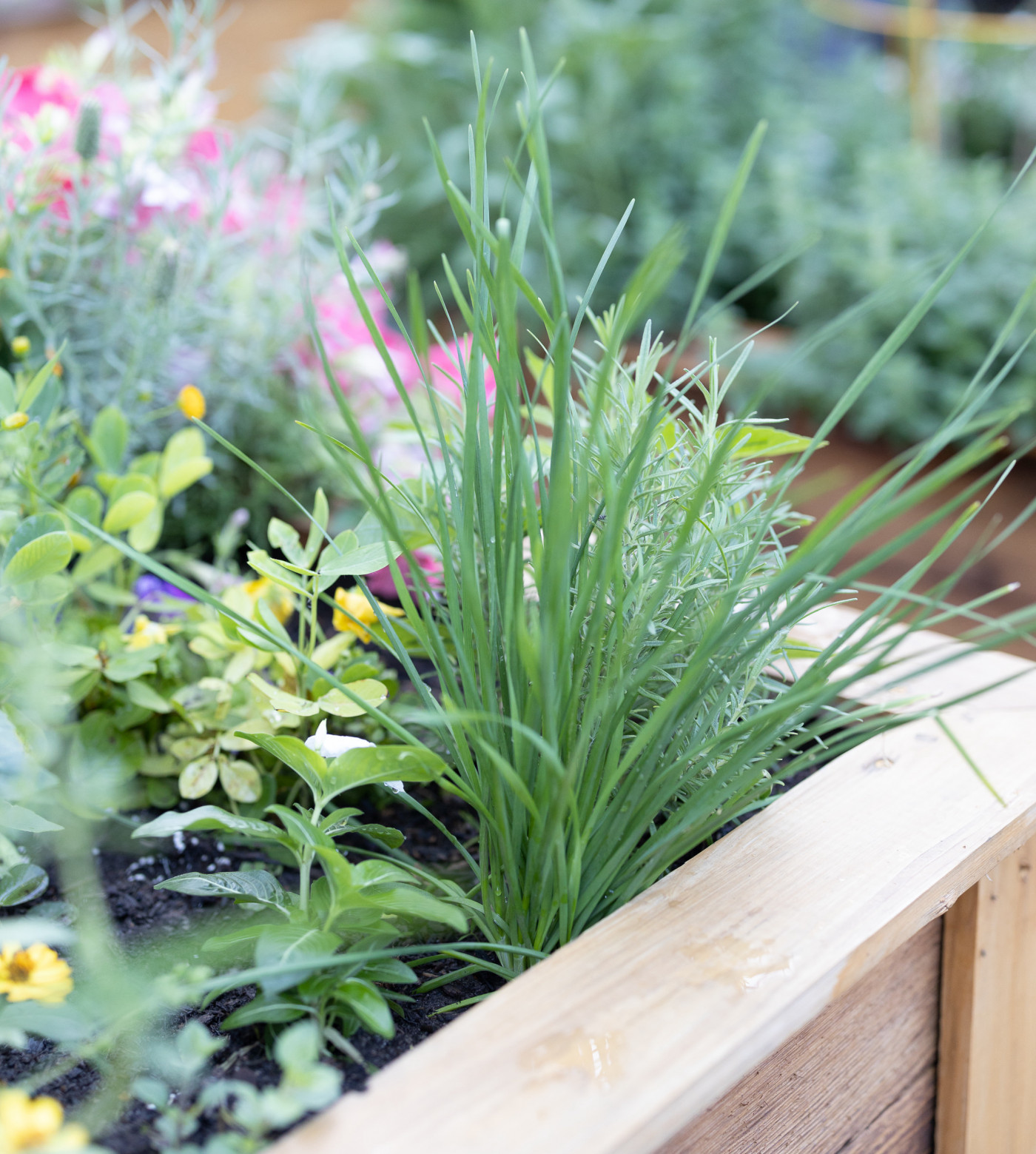
Oregano: Mosquito, Aphid, and Cabbage Worm Deterrent
Oregano, a draping herb from the Lamiaceae or mint family, adds beauty to gardens while serving as a hardy perennial. I like growing it in raised bed corners, allowing it to trail over the edges. Purchasing a well-established oregano plant is worthwhile if you prefer not to start from seed, ensuring its long-term presence where you place it.
When oregano blooms, it attracts beneficial insects like bees and butterflies while emitting a strong fragrance that repels mosquitoes, aphids, and cabbage worms. To leverage oregano's benefits, plant it near kale, radishes, arugula, lettuce, beans, peas, and carrots, as well as alongside greens and fruiting plants.
Oregano is a beautiful, low-maintenance herb. Pruning is its primary care requirement to prevent overgrowth, and if it spreads excessively, division with a spade allows for replanting elsewhere, enhancing your garden's protective capabilities.
Parsley Attracts Pollinators & Beneficial Insects
Parsley is a biennial herb in the carrot family. Biennial means it wants to stay in your garden for two years before it goes to seed. When it goes to seed, it sends up these beautiful white flowers that attract pollinators like bees, butterflies, and ladybugs, plus a number of other beneficial insects. It can repel some bad bugs, but we're really growing parsley to host ladybugs and good insects that we want to have in our gardens.
Compared to most of the other garden herbs, parsley has a different growing habit. It's not going to drape over the side like oregano or be spiky like chives. Instead, it grows more like a bush until it flowers, and then it gets tall. I prefer to grow parsley along the middle of my raised beds near my larger plants.
Rosemary Protects Your Garden from Carrot Rust Flies & Cabbage Worms
The therapeutic smell of rosemary alone is reason enough to plant it around your garden space. Humans might love this woody, slightly medicinal scent, but pests do not. Rosemary deters carrot flies, cabbage worms, moths, slugs, flies, and mosquitos. It's also strong enough to mask the scent of your plants that pests love to munch on, which is why we have the old piece of wisdom to plant rosemary at your garden gate.
I love to think of having rosemary at the entry point to each garden bed, not just the garden gate. That's why I plant rosemary in the corners of my raised beds.
